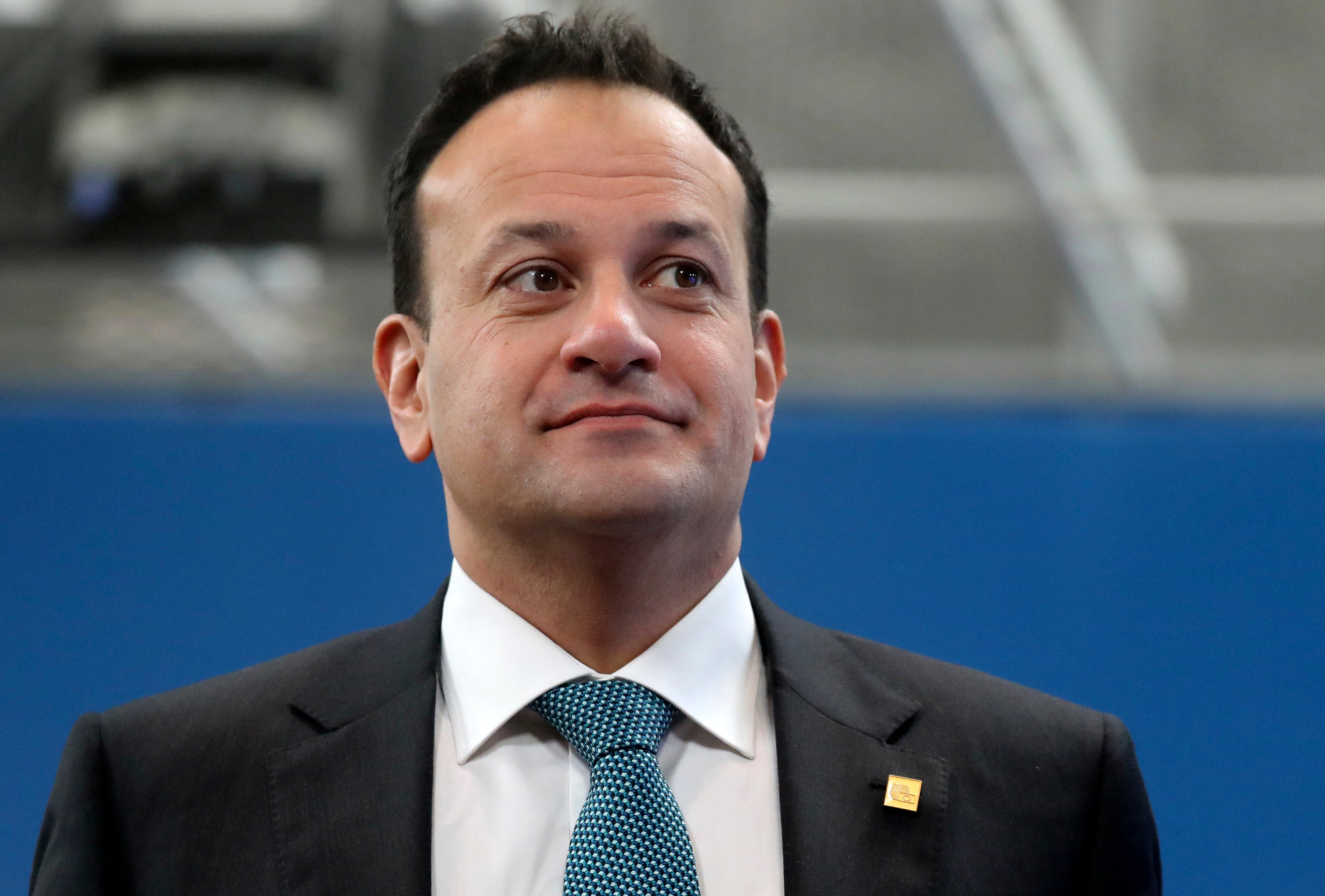Irish health system targeted in 'serious' ransomware attack
Ireland’s health service says it has shut down its IT systems after being targeted in a ransomware attack by what it called “international criminals.”

Your support helps us to tell the story
From reproductive rights to climate change to Big Tech, The Independent is on the ground when the story is developing. Whether it's investigating the financials of Elon Musk's pro-Trump PAC or producing our latest documentary, 'The A Word', which shines a light on the American women fighting for reproductive rights, we know how important it is to parse out the facts from the messaging.
At such a critical moment in US history, we need reporters on the ground. Your donation allows us to keep sending journalists to speak to both sides of the story.
The Independent is trusted by Americans across the entire political spectrum. And unlike many other quality news outlets, we choose not to lock Americans out of our reporting and analysis with paywalls. We believe quality journalism should be available to everyone, paid for by those who can afford it.
Your support makes all the difference.Ireland's health service shut down its IT systems on Friday after being targeted in a ransomware attack by what it called “international criminals.”
Appointments and elective surgeries were canceled at several hospitals and Deputy Prime Minister Leo Varadkar said the disruption could last for days.
“There’s lots we don’t know but it appears to be a ransomware attack by international criminals," Varadkar said. “The problem could run through the weekend and into next week, unfortunately.”
Ransomware attacks are typically carried out by criminal hackers who scramble data, paralyzing victims’ networks, and demand a large payment to decrypt it.
Varadkar called the attack “very serious.”
“It’s coming at a time when the health service is extremely busy doing lots of other things," he said. "It’s going to be a very difficult time for the health service."
Health Service Executive CEO Paul Reid told broadcaster RTE that health bosses had “taken a precautionary measure to shut down a lot of our major systems to protect them.”
“We are at the very early stages of fully understanding the threats, the impact and trying to contain it," he said.
The health service said appointments for coronavirus vaccinations were not affected. Varadkar said emergency services, ambulance services, GP systems and pharmacy systems also were unaffected, but said there would be “major problems” for radiology services, radiation oncology, elective surgeries and obstetrics and gynaecology appointments.
Dublin s Rotunda maternity hospital said it was canceling most routine appointments due to the IT issues, calling the situation a “critical emergency.”
Health care systems have been a target of ransomware tactics before. Two hospitals in France were hit by ransomware attacks in February that crippled their phone systems and forced surgeries to be postponed. In September, an apparently misdirected ransomware attack on a German hospital caused an IT systems failure and led to the indirect death of a woman. That same month a ransomware attack paralyzed a chain of more than 250 U.S. hospitals and clinics.
In 2017, Britain’s National Health Service was hit in a cyberextortion attack, forcing hospitals to close wards and emergency rooms and turn away patients.
The Irish attack highlights concerns about the vulnerability of critical infrastructure to escalating attacks by hacking groups and criminals, said Steve Forbes, government security expert at Nominet, the U.K.’s web domain registry.
“National healthcare services are already under strain from the pandemic, which will make this ransomware attack even more devastating. That fact will not be lost on the hackers,” Forbes said.
In the U.S., the nation’s largest fuel pipeline was hit with a ransomware attack a week ago. The disruption of the Colonial Pipeline caused long lines at gas stations due to distribution problems and panic-buying, draining supplies at thousands of gas stations. It restarted operations on Wednesday.
Forbes said the attacks on the pipeline and the Irish health care system both show “criminal groups are choosing targets that will have the greatest impact on governments and the public, regardless of the collateral damage, in order to apply the most leverage."